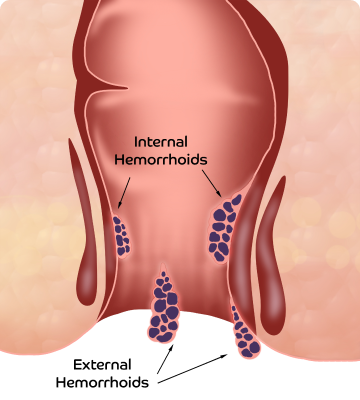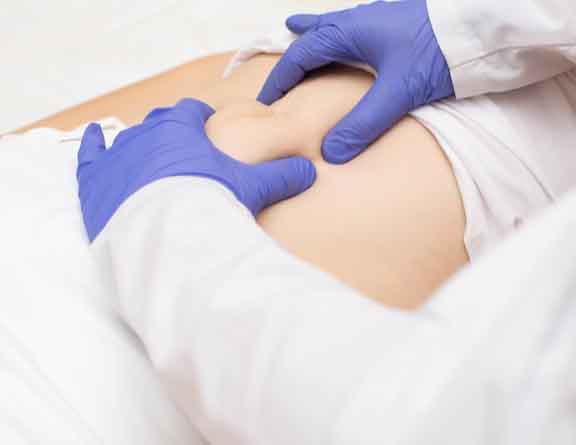Preparation before hernia surgery
Preparation before hernia surgery includes medical evaluation, chest x-ray, and certain specific tests depending on your overall health and medical conditions.
After consultation with your doctor, discussing the benefits and possible complications of the surgery, you will need to give written consent for the surgery.
- It’s recommended that you take the shower the night before or the morning of the surgery.
- If you face problems such as difficulties moving your bowels or anemia – similar preparation may be used after consulting with your doctor.
- If you take drugs such as aspirin, blood thinners, anti-inflammatory medications (arthritis medications), and certain vitamins, they should be stopped for the first few days of your surgery.
- Keep your stomach empty. Don’t eat anything not even water after midnight or the night before your hernia surgery. The risk of developing complications increases during or after your surgery if you eat or drink anything before the surgery.
- You can take the medicines that your doctor has told are permissible to take with a sip of water the morning of the surgery.
- Arrange someone for help after your surgery. Plan to have someone who can drive you home post-surgery.
- Quit or reduce smoking and consuming alcohol and arrange for any help that you may need at home.
By keeping all the above-mentioned points, you can easily prepare for hernia surgery and ensure it to be successful.
When to call or meet your doctor after hernia surgery?
After undergoing hernia surgery, you may notice slight drainage, bruising, or slight swelling around the incision. However, this is normal and you don’t need to worry about it. Likewise, it’s also normal to have a lump or hardness under or near the incision. You may also have bruising and some swelling of the genitalia, which is not uncommon.
However, call your doctor immediately if you experience any of the following signs or symptoms-
- Increased incisional pain, bleeding, or redness.
- Inability to urinate within 12 hours
- High fever with chills
- Inability to tolerate diet due to nausea and vomiting that won’t go away.
- Foul-smelling discharge from the incision area
- Chest pain or shortness of breath
- Excessive swelling around the incision or in the scrotum
Benefits of laparoscopic hernia surgery
Laparoscopic surgery is considered the best method to treat hernia as it’s a modern and advanced way to treat the problem. If you are seeking minimal pain hernia treatment in Raipur, you should consider opting for this advanced minimal pain and minimal blood loss procedure.
The following are the top benefits of choosing laparoscopic surgery for hernia treatment.
- Small incisions — Laparoscopic surgery involves small incisions. Therefore, the risk of bleeding or infection diminishes. Also, this procedure doesn’t result in wounds or scars. Laparoscopic surgery is the best procedure if you want to get rid of a hernia without any fear of pain, bleeding, infection, or other complications.
- No risk of complications — During laparoscopic surgery, the surgeon uses a medical instrument called a laparoscope that has a small camera and light on one end. With the help of the camera and light, the surgeon sees the inside of the abdomen and performs the surgery precisely, diminishing the risk of complications.
- High success rate — The success rate of laparoscopic hernia surgery is as high as 95-98 percent and the risk of complications is as low as almost zero. However, one thing you should keep in mind is that you choose an experienced and reliable surgeon for laparoscopic hernia surgery.
- Recovery — Above all, the best part of laparoscopic hernia surgery is that it promotes quick, minimal pain, and comfortable recovery unlike open surgery of hernia. You can resume your daily routine within 2-3 days but complete recovery may take around 2-3 weeks.
If you want to get rid of your hernia in the safest way, laparoscopic repair is the best option.
List of Hernia Doctors in Raipur
| 1 | Dr. Soumitra Manwatkar | 4.6 | 13 + Years | Near Ashoka Ratan, Vidhan Sabha Rd, Raipur | Book Appointment |
| 2 | Dr. Abhijeet Singh | 4.6 | 12 + Years | Amlihdih, New Rajendra Nagar, Raipur | Book Appointment |










.svg)









